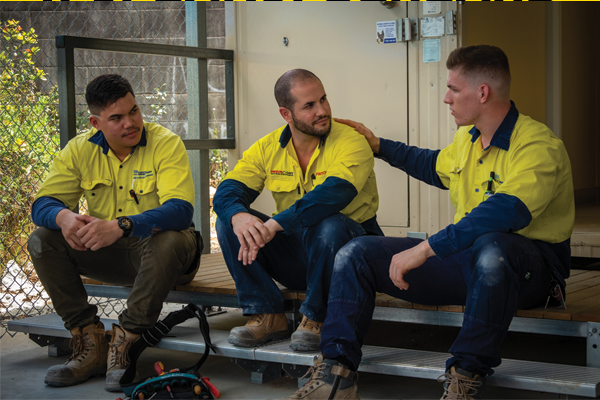COVID-19 side effects include a rise in suicides

Suicide prevention charity MATES in Construction (MATES) has welcomed the appointment of Dr Ruth Vine as the first deputy chief medical officer for mental health. This appointment and the drafting of a National Mental Health Pandemic Response plan by the federal government are critical to prevent a rise in suicides.
MATES chief executive Chris Lockwood congratulates the government for the work and attention it’s giving mental health during its response to the mental health crisis.
Modelling by the Sydney University brain and mind centre shows that effects of the COVID-19 pandemic and necessary restrictions could lead to a 25% increase in deaths by suicide. This is particularly worrisome as about a third of those affected would be young people.
“MATES would urge National Cabinet to adopt the plan and ensure funding is available to support those most at risk, particularly members of our community who may not engage as well with help-seeking and tele-health services as others,” Chris says.
MATES in Construction and MATES in Mining supports workers in industries which already have very high risk factors due to remoteness and unusual work patterns. Most of these are men who already come from at risk backgrounds such as veterans, particularly in the mining and resources industry.
“Constructions workers are already six times more likely to die from suicide than an accident at work, and this concern is only heightened during the current lockdown with people isolated from friends and family,” Chris explains.
“The COVID-19 crisis has already posed significant health and economic challenges, but we can’t forget the impact things such as unemployment, financial distress and isolation have on the mental wellbeing of those adversely affected by this pandemic.”
Earlier this week, MATES released a report showing that up to 30% of Queensland construction apprentices are at risk of suicide.
